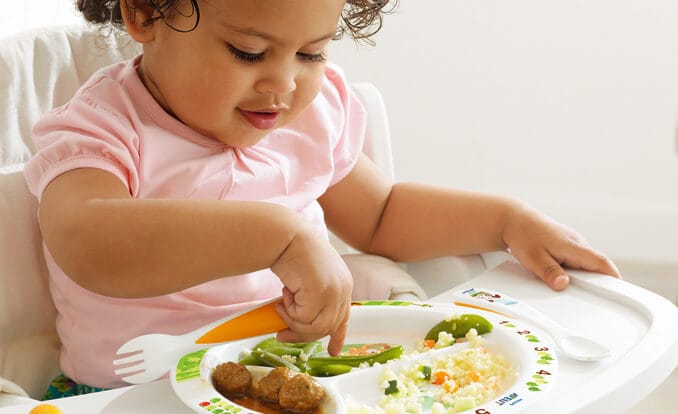
Teething can be a difficult time for both toddlers and their parents. As new teeth push through the gums, babies and young children may experience pain, irritability, and difficulty sleeping. To help ease the discomfort, many parents turn to dietary changes to provide relief for their little ones.
One of the best diets for teething toddlers is one that is rich in vitamins and minerals. Calcium and vitamin D are essential for the development of strong, healthy teeth and can be found in dairy products like milk, yogurt, and cheese. Iron, found in foods like red meat and leafy greens, is also important for tooth development.
Another important nutrient for teething toddlers is vitamin C. This vitamin helps to promote healthy gums and can be found in fruits like oranges, strawberries, and kiwi. Additionally, vitamin A, which can be found in foods like sweet potatoes, carrots, and spinach, is also important for oral health as it helps to protect the tooth enamel.
It’s also important to note that during teething time, babies and toddlers may experience a loss of appetite. To combat this, it’s important to offer a variety of foods and textures to keep mealtime interesting and encourage them to eat. Soft foods like pureed fruits and vegetables, yogurt, and oatmeal can be especially helpful for babies who are experiencing discomfort from their emerging teeth.
In addition to dietary changes, there are other things parents can do to help their teething toddler. Offer a cold teething ring or a clean, wet washcloth that’s been chilled in the refrigerator. This can help to numb the gums and provide temporary relief from pain.
In conclusion, teething can be a difficult time for both toddlers and parents. To help ease discomfort and promote healthy teeth, a diet rich in vitamins and minerals is key. Offer a variety of soft foods and encourage them to eat, also you can provide a cold teething ring or a clean, wet washcloth that’s been chilled in the refrigerator to numb the gums and provide temporary relief from pain. Remember to always consult your pediatrician if you have any concerns about your toddler’s teething or dietary needs.
